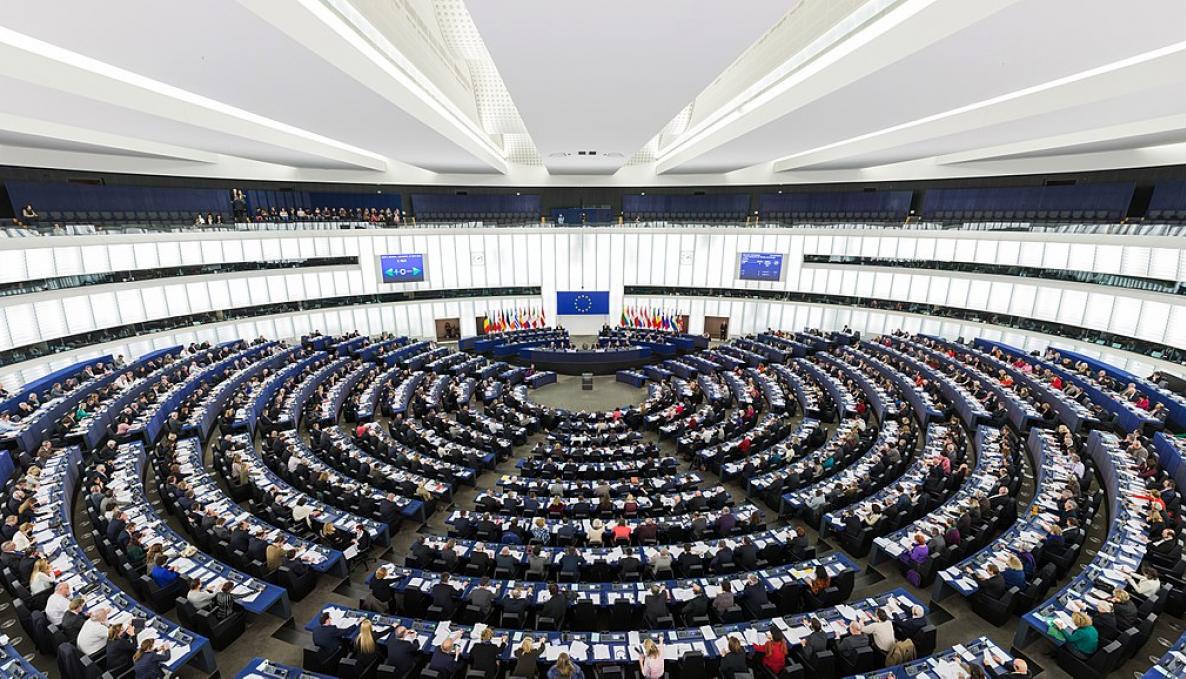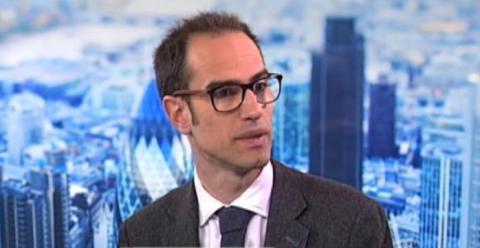Report “Institutions and foreign Interferences” commissioned by the European Parliament’s Policy Department for Citizens’ Rights and Constitutional Affairs, and led by Sant’Anna School researchers, underlines evidence of the dynamics of disinformation

Unconventional threats undermine public trust in government institutions and destabilize European democracies: disinformation and dissemination of false or misleading content. Foreign interferences are a growing challenge for democracies, exploiting advancing technology, freedom of expression and social and economic openness. The most recent case of foreign, alleged Chinese and Russian interferences, is the Covid-19 crisis related disinformation together with the spreading of anti-EU narratives during the Brexit referendum or the 2019 European elections.
The EU’s institutional responses to the challenge of foreign interferences aimed at countering disinformation threats embraced the media sector strengthening, the social media platforms accountability, the democratic process reinforcement and the creation of a digital ecosystem able to defend and promote democracy. In particular, the fight against disinformation was a joint effort involving all European institutions, trustworthy science authorities, national public health services and official information sources. The European Commission promoted responsible information from reliable and trusted sources which worked to communicate trustworthy and science-based advices. The report “Institutions and foreign Interferences”, published in June 2020, was commissioned by European Parliament’s Policy Department for Citizens’ Rights and Constitutional Affairs, and led by researchers Edoardo Bressanelli, Anna di Palma, Eric Repetto, Gaetano Inglese, and Sofia Marini, working on Transnational Governance at the Sant’Anna School Dirpolis Institute (Law, Politics and Development). Building on the findings of their study, Sant’Anna scholars made specific recommendations to further strengthen the action of the EU and counter the threat of foreign interferences more effectively.
According to the report, China, Russia, North Korea, and Iran are the most relevant players in the foreign interferences. As autocratic actors, they “exploit the structural vulnerabilities of democracies”.
“Since 2015, following Russia’s annexation of Crimea, the EU has significantly stepped up its efforts to counter foreign interferences– said Edoardo Bressanelli – The aggressive behaviour of Russia in the EU Eastern area and, particularly, the war in Ukraine in 2014 pushed the EU to take more resolute action. In March 2015, the European Council urged a swift response to tackle Russian disinformation activities, while the concept of hybrid threat was explicitly developed later, in April 2016. Furthermore, the funding of political parties or campaign organizations by foreign states may be another disruptive factor for democracies. There are several examples of mainly far-right populist political parties supported by foreign funding such as the Leave.EU campaign in the Brexit referendum”.
“In addition, a Code of Practice on Disinformation (CoP) was published in recognizing that social media platforms Google, Facebook, and Twitter play a fundamental role in all major disinformation issues. Social media may be manipulated through a variety of means: dissemination of false or misleading content with little traceability, personalized political messaging through the microtargeting of ads, the use of bots and inauthentic accounts to disrupt social media campaigns through spamming or gaming of algorithms in order to amplify content diffusion”.
“Nonetheless, there have been direct instances of interferences during the elections 2019 and the Covid-19 crisis – explained Edoardo Bressanelli – Europe should continue to invest in strategic communication. Russia has developed a comprehensive hybrid strategy which aims at weakening competing countries and external funding to political parties may damage fair competition and autonomy to the advantage of third actors such as Russia and China”.
Coverphoto: EP plenary session in Strasbourg
Photogallery: Edoardo Bressanelli




